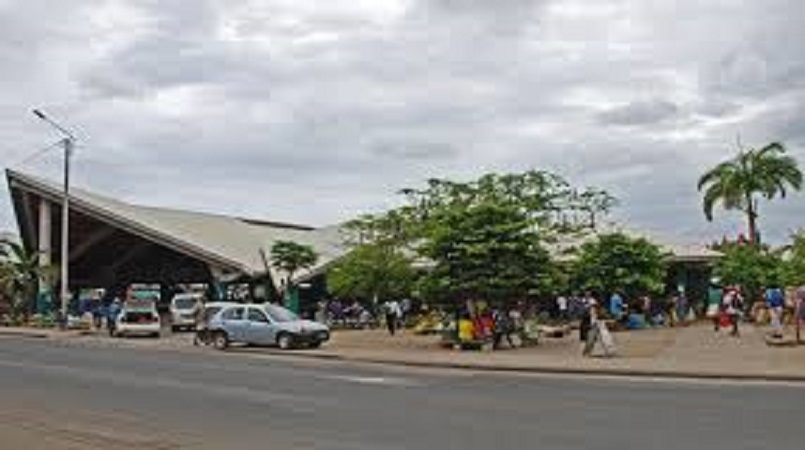
World Health Organization (WHO) has released the ‘Pacific Zika Action Plan’ to enhance the detection and confirmation of Zika virus transmission and ensure the sharing of information within and outside the Pacific.
The action plan strengthens vector control and also increases personal protective measures including the assurance that pregnant women and women of child bearing age receive appropriate and timely information to reduce their risk of exposure.
Aiding in the dispersion of such vital information is Jacques Rory, the officer in charge of Public Health services under the Ministry of Health (MoH) in Vanuatu.
Mr Rory stated: “Preparedness for community is much needed in an event of pandemic, but let’s not brutalize our people instead provide them conducive communication to assist them, though social aspect of vulnerability is known due to the country resources and available means MoH and its external partners may have.”
In the meantime the Public Health mobile team through vector borne diseases has already intervened with communities since the last 4 weeks.
“This is covered most suburbs with Port Vila nearby setting. Global media has given potential information massively, Public health intervention is aiming at securing and reassure individual not to fear about the disease, and help them understand the disease pattern and its zero prevalence within country, thus potentially there is no need for panic,” Rory said.
Mr Rory added that the MoH has come up with its national response and surveillance plan, “While it is a global threat, there is no fear for Vanuatu at the time. Similarly provincial health officers are urged by the MoH to build up surveillance system and ensure response plan”.
However in order to prevent the Zika Virus from entering the country, Rory explained that the MoH would require passengers responsibility for immediate health declaration, border control surveillance and health surveillance for sick passengers – “Sectorial committee exists and may yet activate for its response”.
The WHO Office has supported that Public Health intervention in line with Dengue fever awareness and the MoH partners have also volunteered their technical assistance wherever the MoH finds it fit in the vent of response, Rory mentioned.
The Officer in charge of Public Health also confirmed that the WHO will not be providing any air-borne pesticide to combat the daytime mosquitos’ but in case of severe outbreak the MoH will use the chemical ‘Malathion’ which is currently in stock.
